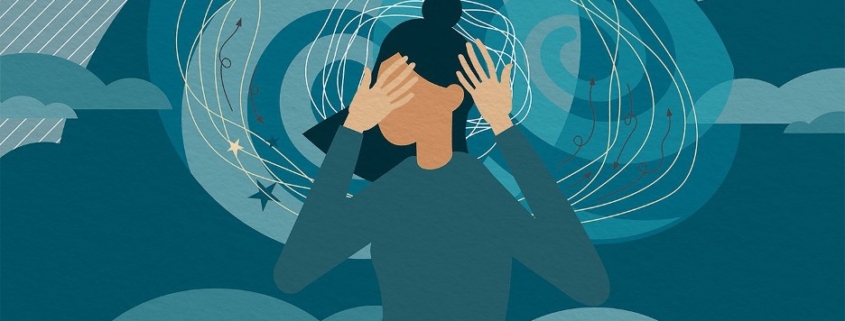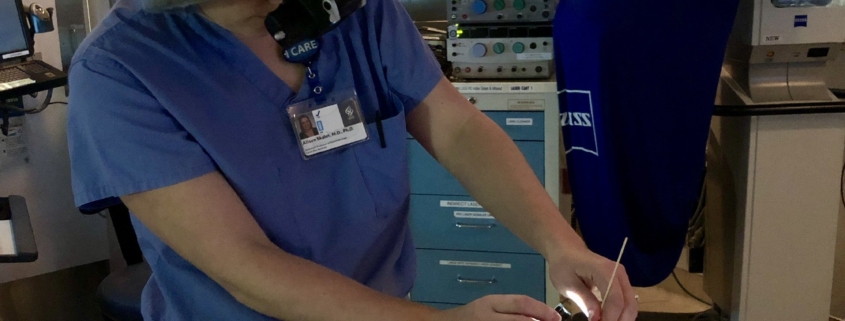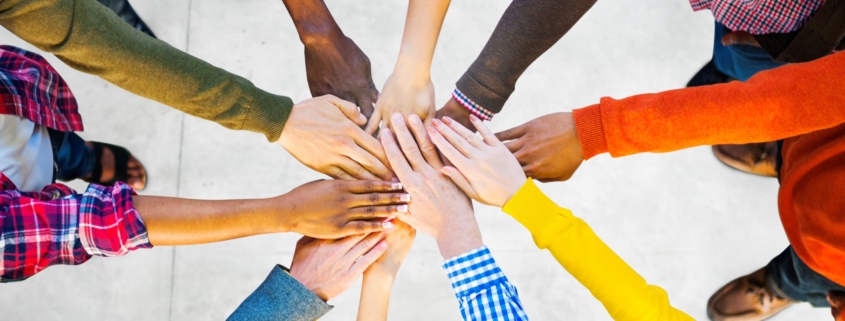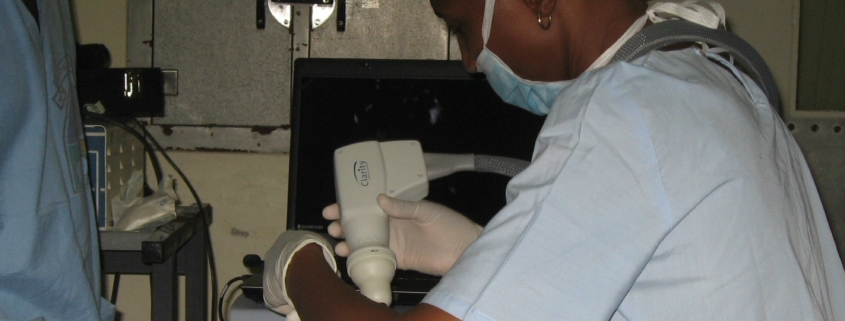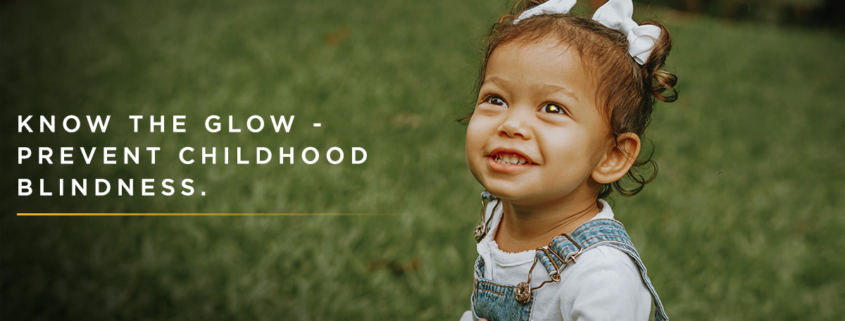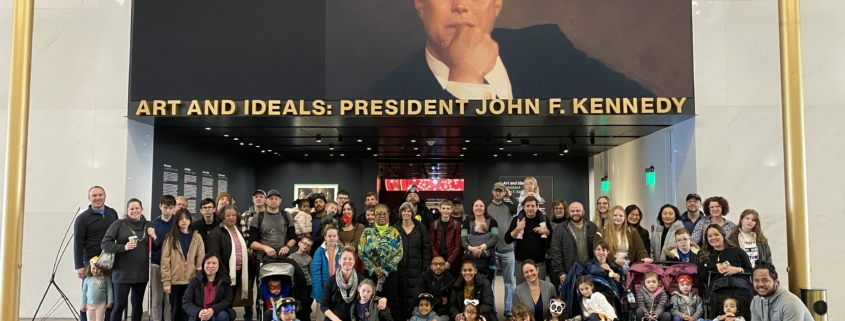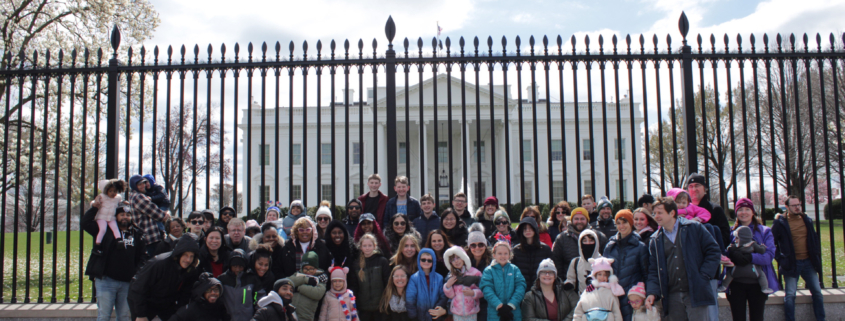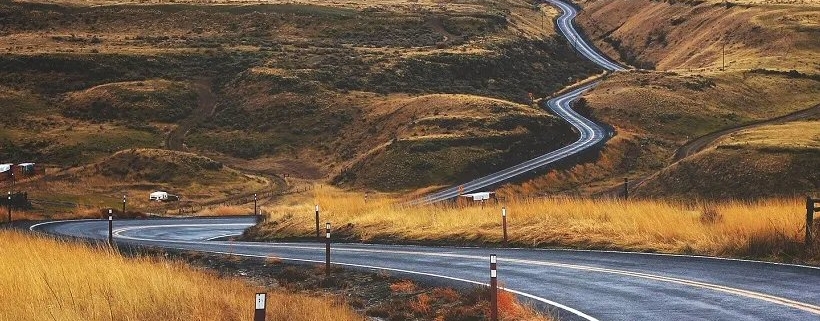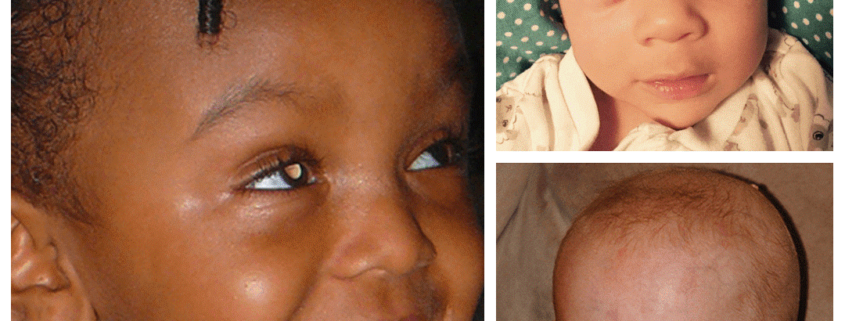Beyond Stress: PTSD Symptoms, Resources, Strategies and More
Retinoblastoma is highly stressful for most patients and their families. Too often, it is a traumatic life experience that has long term impacts on mental health. Jules Verdugo, child life & pediatric psychosocial care student, looks at the difference between normal stress reactions and PTSD, symptoms, how to get help, resources, some strategies for managing symptoms, and post traumatic growth.

